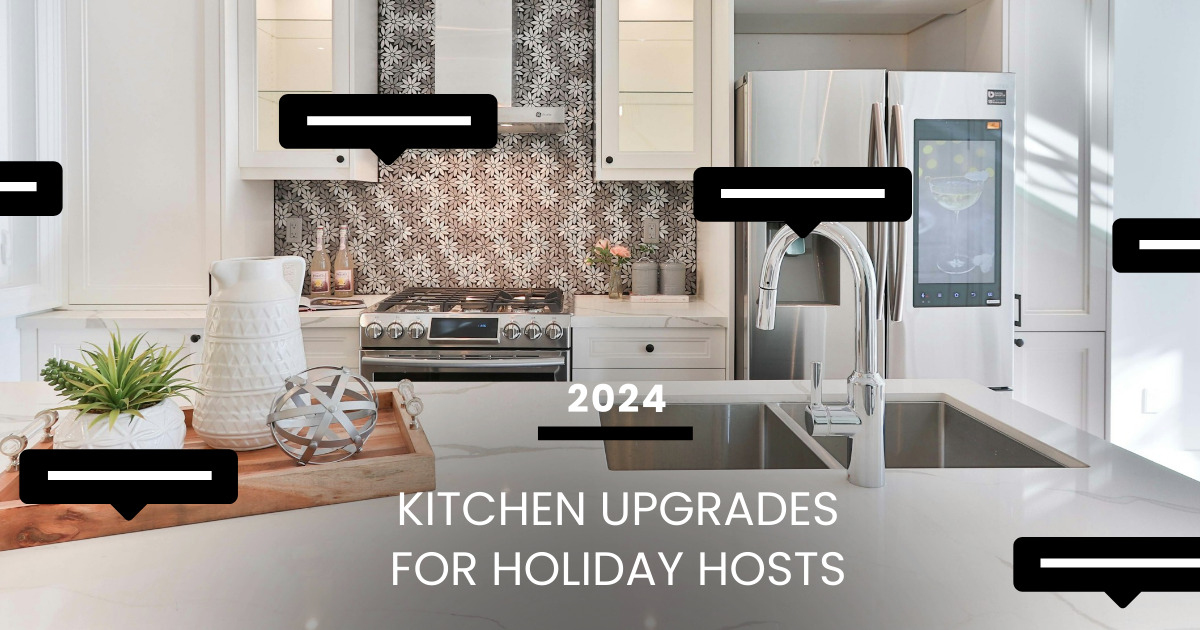An empty nester is a parent whose kids have grown up and left home. For many, this is a period full of complex emotions—and complex real estate questions. This guide covers both, so if you’re an empty nester or about to be one, keep reading.
Should you sell your kids’ childhood home?
This is often one of the biggest questions that empty nesters have. Real estate is a financial investment, but in this case, it’s also your home—full of years of memories and history. When you’re talking about selling the house your kids grew up in, it’s impossible to just say, “leave the emotions out of it.”
If you think that selling your home could be the right option for you, but you’re concerned about the emotional aspects, consider these steps.
Talk to the kids
Start with a conversation. Your kids are young adults now, and they have the capacity to understand adult life changes. You can do this to get their opinions before making a decision, or you can simply use it as an opportunity to tell them what to expect. Even being given a heads-up can help your other family members take this change in stride—and it can help you feel more confident about moving forward with your decision to sell.
Think about the next step in your journey
Many empty nesters talk about feeling bittersweet at this stage in their lives. Your specific role as a parent has changed, but that opens up more opportunities to pursue your passions in your life (including new real estate opportunities). Whether you want to downsize and invest, travel, work on your hobbies, or do something else, looking toward the future is going to be more fruitful for you than keeping your mind on the past.
Ultimately, make the decision that’s right for yourself.
Being a parent is frequently about being selfless, and that will never change. But when it comes to real estate, your home has to work for the people who live there above everyone else. Your kids have their own places where they live now, and they’re going to make their own way—and when they come back to visit, you both can create new memories in a new place that better fits the new relationship you’re creating. Selling your home and purchasing one that is more functional for your current household is an act of self-care, and that’s a big part of many empty nesters’ new identities—the ability to focus more on self-care and self-actualization.
Is downsizing the right move?
Many empty nesters talk about their homes feeling, well, empty. If you’re used to all the rooms in your home being full, it can feel strange to have many quiet and unoccupied.
Additionally, having all that space with fewer people means you’re doing a lot more work with a lot less reward. Here are some benefits of downsizing.
Benefits of downsizing for empty nesters
It’s less expensive.
Owning a large, highly-valued home is great, but it can also be expensive. Bigger homes typically equate to bigger mortgage payments, higher insurance premiums, higher property taxes, and more expenses related to repair and maintenance. By downsizing, you’re reducing many of those costs. And if you have a lot of equity in your home, doing a major downsize can even eliminate your monthly mortgage payment. It depends on the amount of equity you have, but if you sell your current home, you may be able to pay off the rest of your mortgage and use the remainder to buy a smaller home in cash.
Wondering if that’s a possibility in your current market? Talk to your real estate agent to get more information.
It’s easier to manage.
A large home means you have a lot of space—but it also means you have a lot to clean, vacuum, paint, repair, and more. Downsizing to only the space you need allows you to spend more time on activities you love instead of maintaining a big empty house. When you downsize, consider the number of bedrooms and bathrooms you need in addition to any spaces you want to use for your personal hobbies now—like flex space, outdoor space, and space for art, gaming, or collecting.
Should empty nesters relocate?
If you’ve been wanting to relocate but have been waiting for the kids to finish school, now is a good time to consider it. Especially with the increasing prevalence of remote work, this transition could be a great moment to make a big change.
Where should you go? That depends on your goals. If your kids moved away or if you have family in another city or state, maybe you want to be near them. If your concerns are climate-related, you could try moving to a location that better suits your tastes. Just make sure you get a visit or two in before you decide to buy a new home in a new place. That way, you can make sure you find the perfect neighborhood near all the things you love for this next phase of your life.
Is now the time to invest in real estate?
If you’re downsizing your home, now could be a great time for investing in real estate. More American homeowners than ever have a significant amount of equity in their homes, so it might be possible to sell your house and buy more than one replacement. For example, if you own a large, highly-valued home with a lot of equity and you sell it, you may have enough to purchase a downsized home in addition to a small rental property. Similarly, if you sell a home with a lot of equity in a high-valued market and relocate to a market where home values are lower, you can potentially buy one home to live in and one to rent out.
Don’t have enough equity to cover two homes? No worries. You can also use the cash to buy your downsized home while using the remainder as a downpayment for your rental. You’ll need to speak with your real estate agent about your specific situation, your market, and your goals to see if any of these options are for you.
Besides buying a long-term rental property, you can also consider the BRRRR method of investment, flipping real estate, or buying a vacation property. Reach out to your real estate agent for more information.
Thinking about taking the next step?
Whether you’re ready to sell or you’re still on the fence, get in touch. Our expert team will help you assess your unique situation and decide on a course of action that’s right for you.


.jpg)



